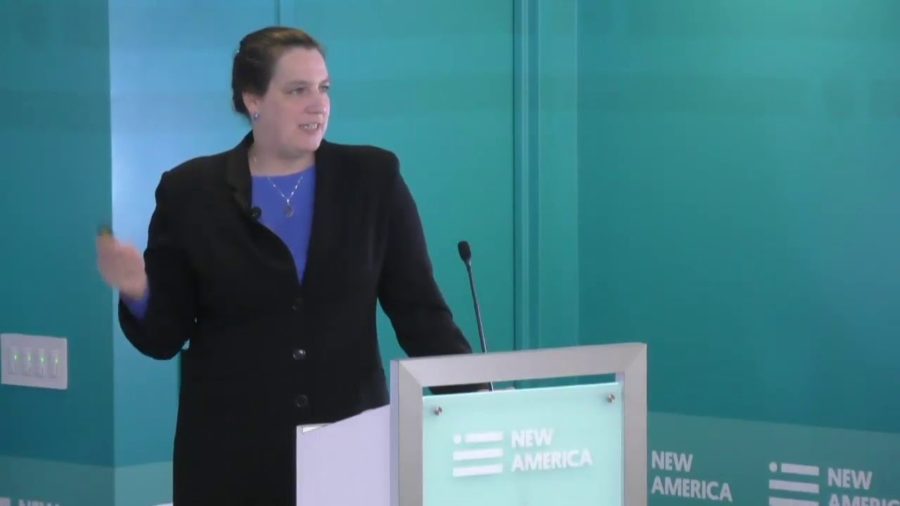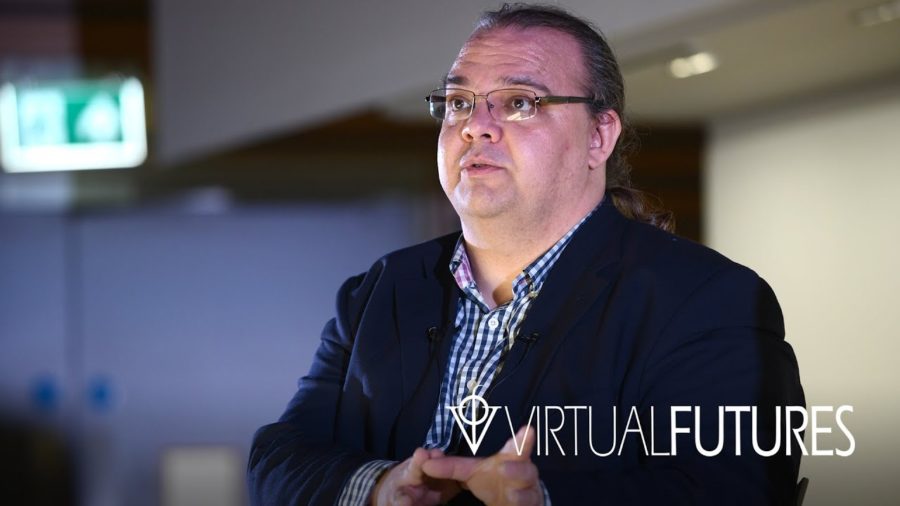Self-sovereign identity is what sits in the middle enabling individuals to manage all these different relationships in a way that is significantly less complex than each of those institutions needing to have a business relationship with each other to see those credentials.
Archive (Page 1 of 2)
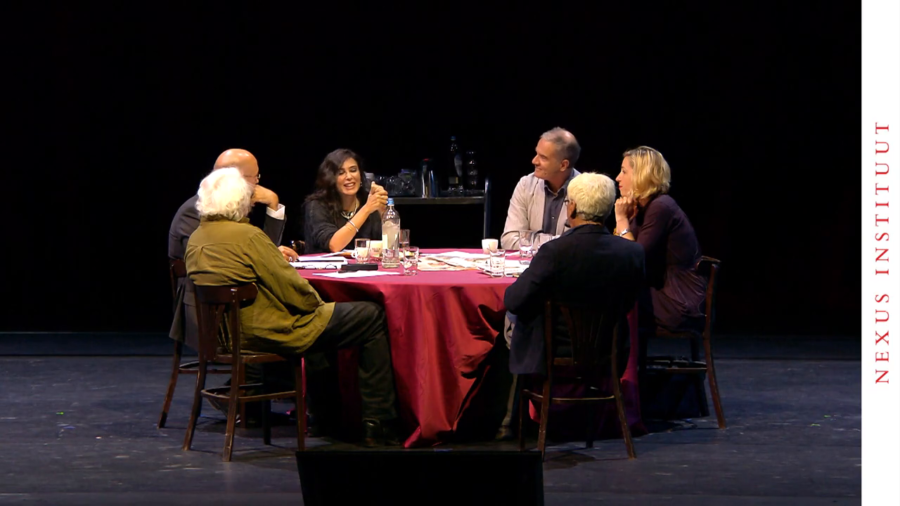
There are these two basic fundamental fears, these ur-fears that are rippling through our societies. The first is the fear of complexity, and the second is the fear of change.
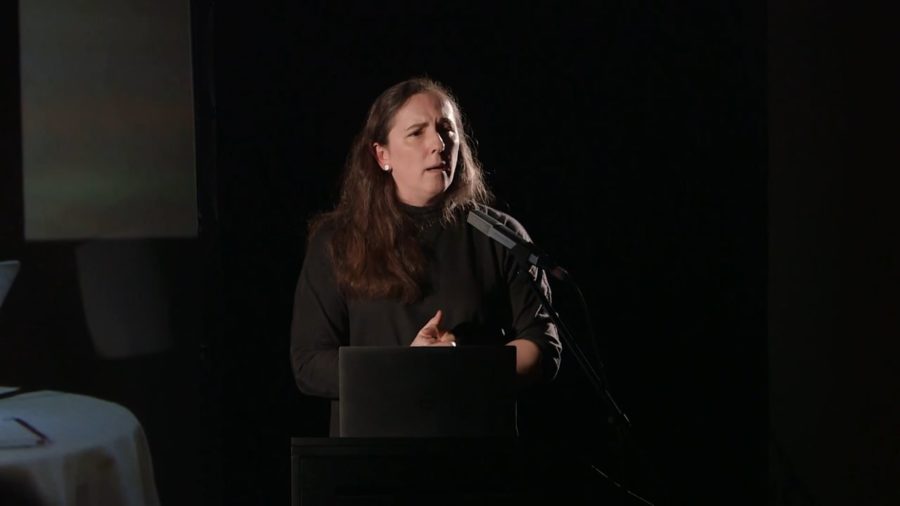
We have now in twenty years moved half the world’s population, give or take, to one city. And we all live in one city. And we keep walking out into the street and getting pasted by trams. And we don’t even understand what the trams are. We not only do not know how to live together online, we don’t even really understand that it’s a problem.
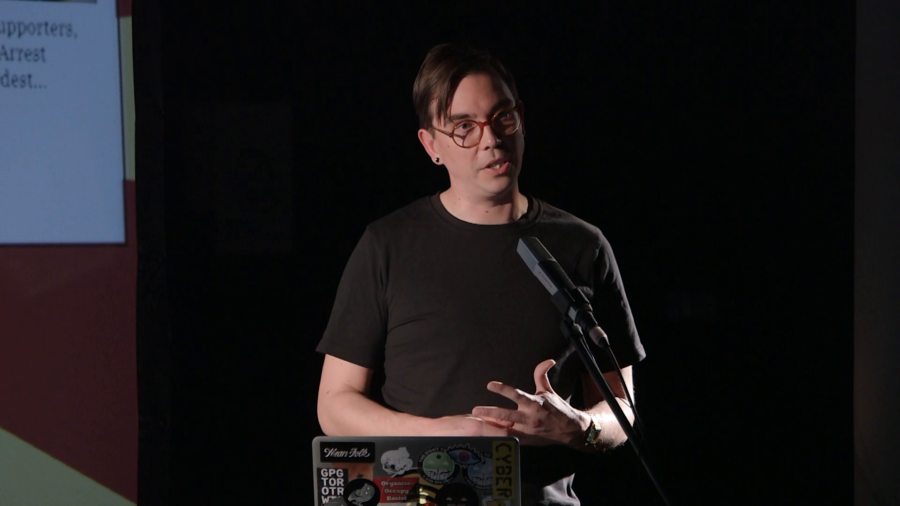
Citizenship, after not thinking about it for a while, feels like something we’re all thinking about quite a lot these days. In the words of Hannah Arendt, citizenship is the right to have rights. All of your rights essentially descend from your citizenship, because only countries will protect those rights.
In the real world we can creatively represent ourselves in dynamic ways. So, we can vary our gesture, our discourse, our posture, our fashion, life stories, the way we tell our stories. And all of this is with an astounding sensitivity to social context. Computer technologies like computer games, social networking, and virtual worlds are much more primitive than what we do in the real world.
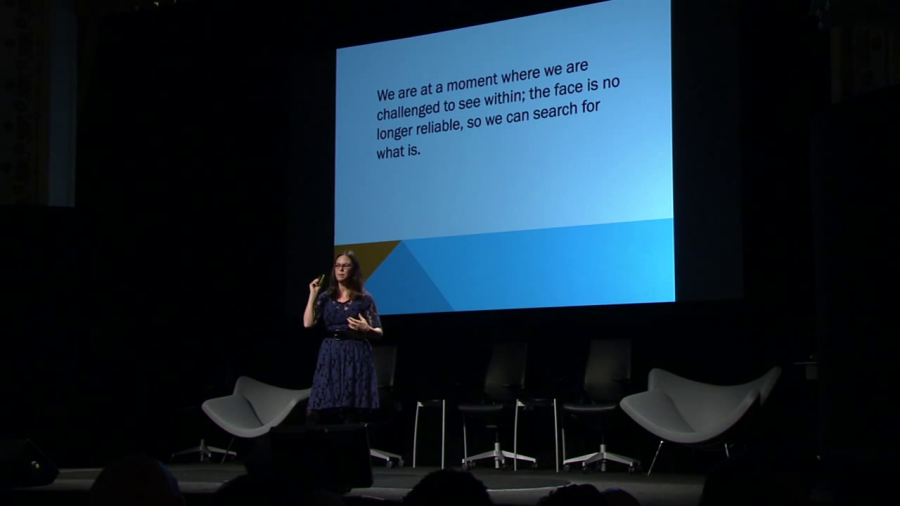
The French philosopher Immanuel Levinas has taught us that it is through our interactions with the face of somebody else, it is through encountering the face of another, that our responsibilities to someone else arise. You cannot look at somebody else, truly look at them, and then walk away without having some kind of sense of a relationship towards that person. But what if the other has no face? What then? Or what if the face of the other is actually the face of another person entirely?
Although our ultimate goal is protecting biological diversity on the land and protecting the integrity of these natural communities, the strategic way to get there is to prevent these ranches from being sub-divided. And it turns out the issue that these ranches are having, you know, they get together and talk and say, “Wow our neighbor over here sold out and that ranch got sub-divided…” every time that happens, it puts pressure on the remaining ranchers who want to stay in ranching.
My main goal is not to die in the first place. I hope to keep living, hopefully long enough that science will have solved the aging problem and I won’t have to die. But since I don’t know how long that’s going to take, cryonics is the real backup policy for me.

